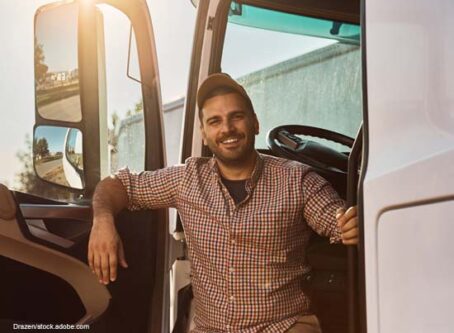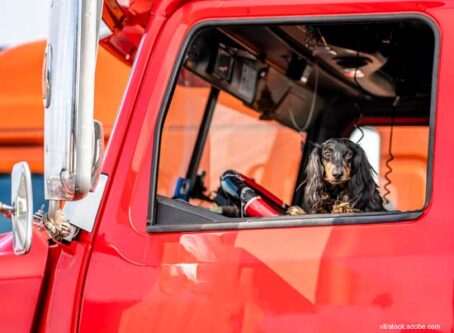AV manufacturers need to abandon the word ‘self-driving’
It’s past due to hold autonomous vehicle manufacturers accountable for deceptive practices such as using words like “self-driving.” One company proved that it is not that difficult.
Recently, autonomous vehicle manufacturer Waymo announced that it will be abandoning the word “self-driving” from its vocabulary. For now, anyway. Essentially, Waymo will be “using more deliberate language” moving forward. In other words, the term “self-driving” will not be in use until its vehicles are actually self-driving.
“It may seem like a small change, but it’s an important one, because precision in language matters and could save lives,” Waymo states in a blog post. “We’re hopeful that consistency will help differentiate the fully autonomous technology Waymo is developing from driver-assist technologies (sometimes erroneously referred to as ‘self-driving’ technologies) that require oversight from licensed human drivers for safe operation. Regardless of who or what is at the helm, safely operating a vehicle on public roads requires careful execution of all the elements of the driving task.”
Words matter
Waymo is absolutely correct. It is not a small change. Words matter. If these manufacturers cannot bring themselves to change simple phrasing, how can the public trust them when it comes to even more critical aspects of their technologies?
Case in point: Tesla’s Full Self-Driving system.
Not only does it use the word “self-driving,” but it doubles down on that notion with the word “fully” right in front of it. To be clear, there are no publicly available vehicles that do not require the full attention of a human driver, let alone any level of self-driving.
Tesla’s misleading phrasing is not lost among stakeholders. In November, the Owner-Operator Independent Drivers Association sent a letter to the National Highway Traffic Safety Administration addressing its concerns about the Tesla’s wording.
The Association pointed out that the majority of truck-involved crashes are caused by passenger vehicles. Consequently, misleading technology like Tesla’s Full Self-Driving system jeopardizes the safety of truckers and other motorists.
“Therefore, we are dismayed with the Administration’s lack of oversight of automated driving technologies currently deployed on public roadways that jeopardize truckers’ safety,” OOIDA President Todd Spencer stated in the letter. “The use of unfinished and unproven automated technologies poses a significant threat to small-business truckers, and we urge you to take action to protect all road users and promote greater transparency and oversight of their development.”
OOIDA is not alone. Even the Partners for Automated Vehicle Education, which includes many autonomous vehicle manufacturers, denounced Tesla’s phrasing.
“Automated vehicles offer great potential for improving roadway safety, but it is critical to develop this technology in a safe and responsible way,” PAVE said in a statement. “Public road testing is a serious responsibility and using untrained consumers to validate beta-level software on public roads is dangerous and inconsistent with existing guidance and industry norms. Moreover, it is extremely important to clarify the line between driver assistance and autonomy. Systems requiring human driver oversight are not self-driving and should not be called self-driving.”
No government oversight
Perhaps the worst part about this is the fact that the federal government has taken a hands-off approach to autonomous vehicle technology.
So far, the extent of the federal government’s oversight of AV tech has been limited to its AV 4.0 guidance and similar AV TEST initiative. AV 4.0 is essentially a set of guidelines the government would like to see but does not mandate. AV TEST is an online portal with data on testing and safety performance on autonomous driving systems. However, participation in AV TEST is completely voluntary as is the information volunteers choose to submit.
Federal agencies have never been shy to mandate safety protocols when it comes to road safety. One needs to look no further than the trucking industry. Truckers are faced with many burdensome regulations that have not proven to increase safety – e.g., ELDs and certain hours-of-service provisions. Adding insult to injury, many are calling for increased insurance minimums, more underride guards and speed limiters, none of which are proven to increase road safety.
But when it comes to autonomous vehicles, the federal government all of a sudden is allowing that industry to self-regulate. Consequently, people are literally dying because they think their car is self-driving.
There will be companies like Waymo that will do the right thing. However, to think that all companies will follow suit is naïve at best. If companies like Tesla cannot do something as simple as abandon the word “self-driving,” what else are they willing to ignore in the pursuit of profit? LL









